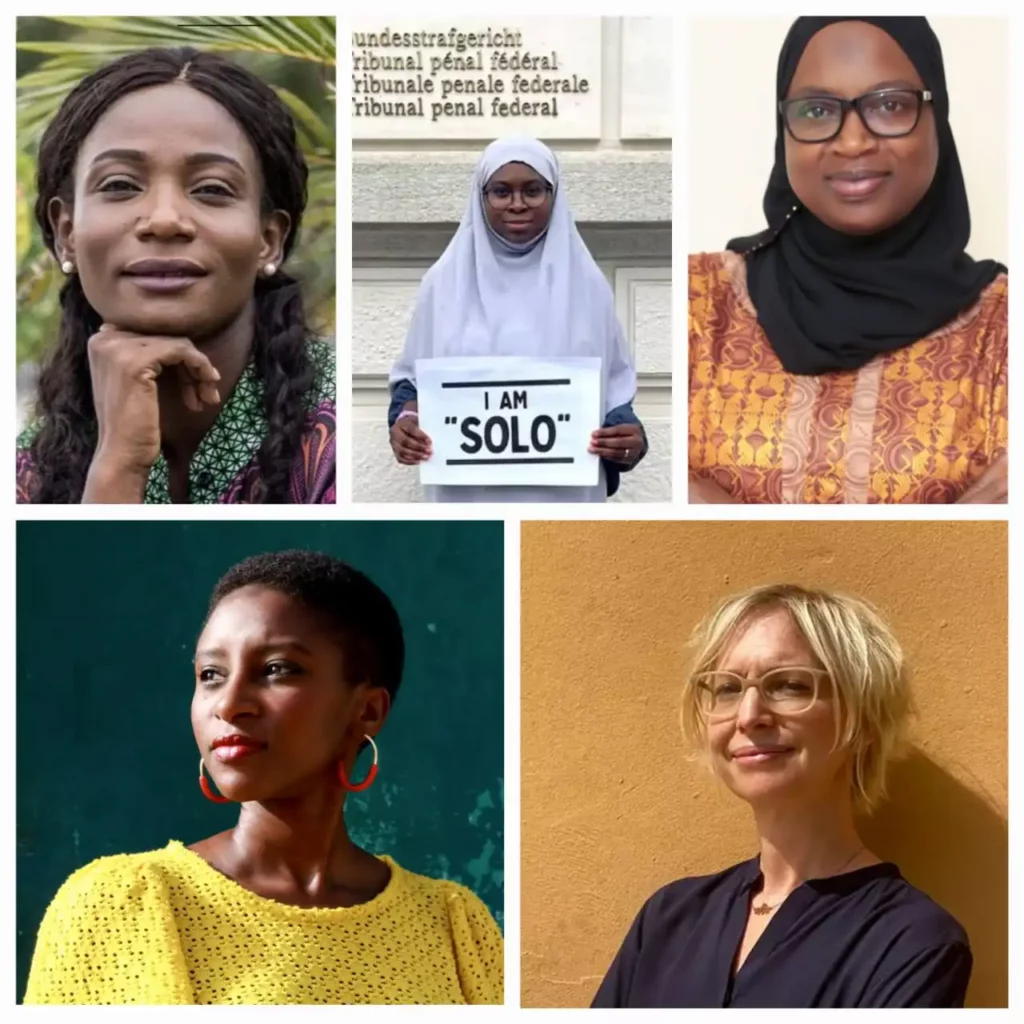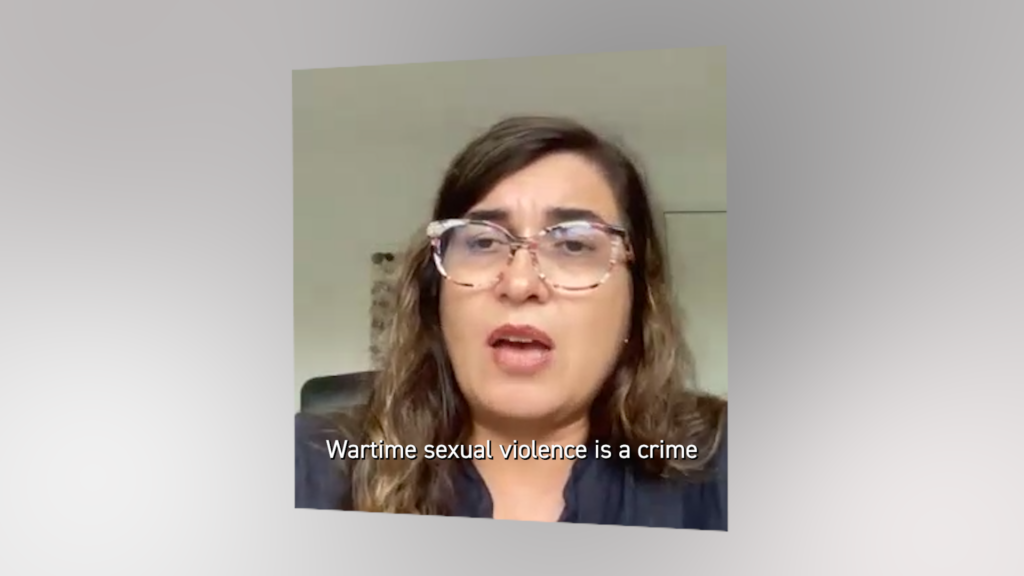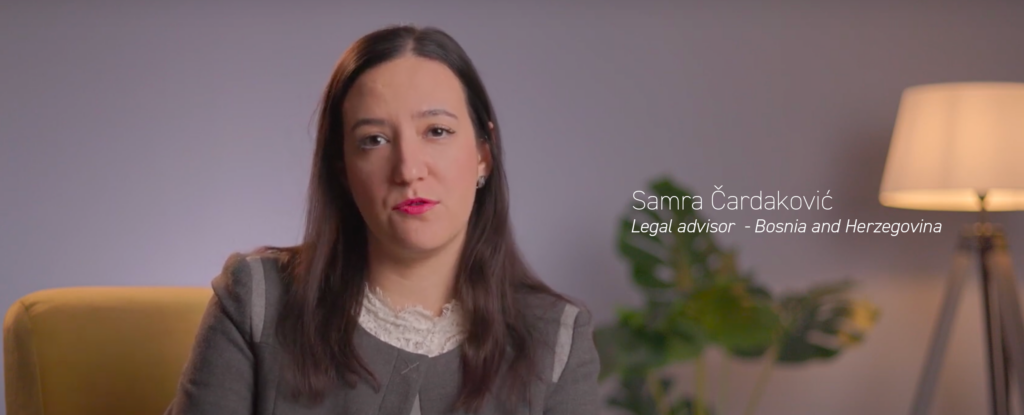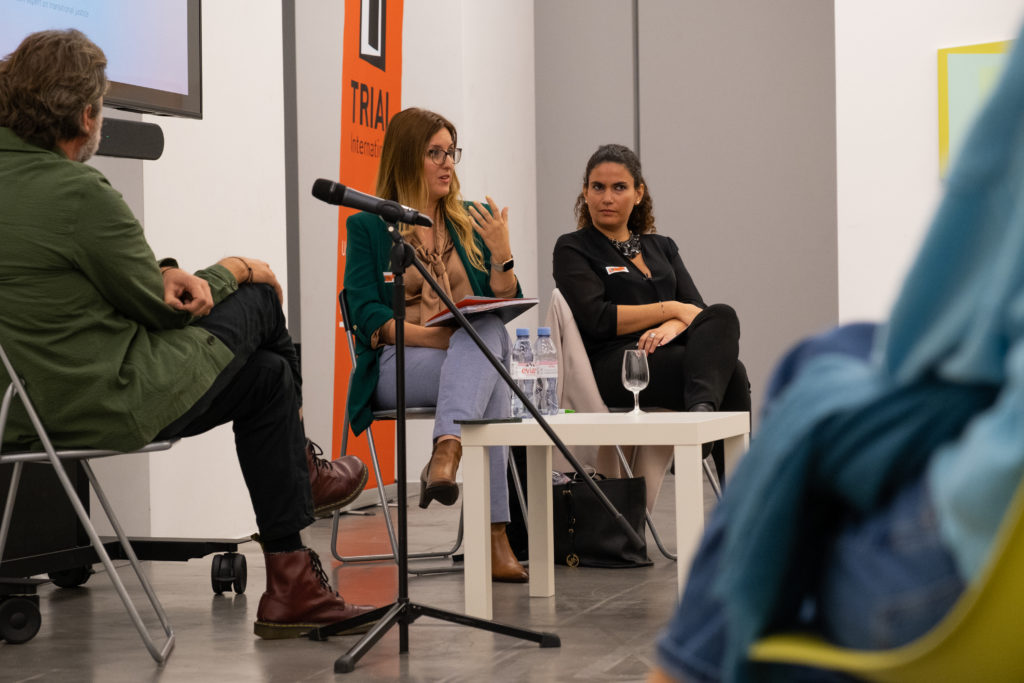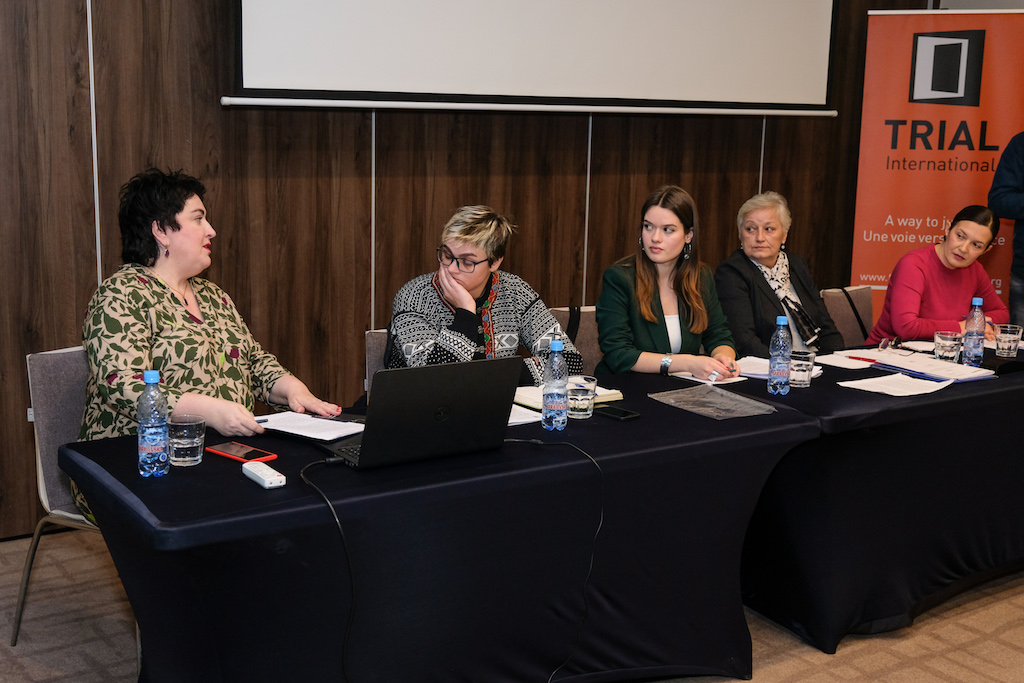Gathering expertise to fight sexual violence
Recognizing the need for good collaboration, TRIAL International partners with civil society actors to develop a toolbox to fight impunity for sexual violence more efficiently.
On 19 June, on the occasion of the International Day for the Elimination of Sexual Violence in Conflict, TRIAL International brought together representatives of approximately 30 organizations active in the fight against impunity for sexual violence. This meeting marked the beginning of a process that will lead to the creation of a toolbox. What will this toolbox contain, and who will use it? TRIAL International Director Philip Grant provides some answers.
What was the idea behind the creation of this toolbox?
Philip Grant: In the trials it was involved in, be it in Bosnia and Herzegovina, in the Democratic Republic of Congo (DRC) or elsewhere, TRIAL International has measured what an important role civil society could play: assisting to victims, pushing the authorities to open investigations, strengthening the capacity of lawyers, sometimes documenting crimes and finding suspects, or integrating the question of reparations in the context of trials to come.
No single organization can master these very broad skills cannot alone. It is therefore essential to be able to collaborate, exchange, implement strategies in a coordinated way to make the current procedures more effective, or to open new avenues. The existing ones are already so few that we cannot afford to be ineffective or to make mistakes.
Concretely, what will the toolbox contain?
P. G.: Many things! This is obviously not a toolbox in the physical sense, but a collection of technological apps, techniques or best practices to increase the effectiveness of the actors who would use it. How to document the crimes committed and safeguard the evidence in a secure manner? The toolbox meets this need. Do the lawyers who will defend the victims need support, training? Of what kind? The toolbox will answer these questions.
On the long run, perhaps it will also meet needs such as the provision of DNA analysis kits to incriminate the perpetrators, a technique to trace back an identified suspect taking refuge abroad or a directory to find forensic scientists willing to volunteer their time.
Sexual violence in conflict is extremely widespread. Do you honestly think this initiative can have an impact?
P.G.: We believe that change will only come one case, one trial at a time. By increasing our skills and our efficiency, these trials will become more and more numerous. Take the DRC in the last twelve months: through the work of TRIAL International and its partners, five soldiers or members of armed groups have been convicted. These decisions have a concrete impact for victims of sexual violence in the DRC: because some of them have obtained justice, others are slowly regaining hope. We have several other upcoming trials. If the toolbox can eventually replicate this type of success for one, five or even ten different contexts, then yes, this initiative will prove to be of great success.


